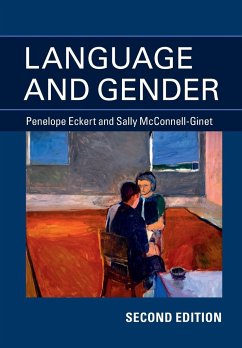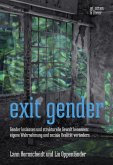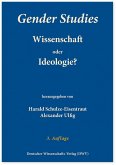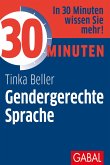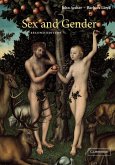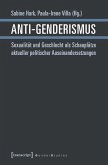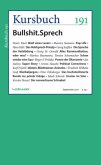Language and Gender is an introduction to the study of the relation between gender and language use, written by two leading experts in the field. This new edition, thoroughly updated and restructured, brings out more strongly an emphasis on practice and change, while retaining the broad scope of its predecessor and its accessible introductions which explain the key concepts in a non-technical way. The authors integrate issues of sexuality more thoroughly into the discussion, exploring more diverse gendered and sexual identities and practices. The core emphasis is on change, both in linguistic resources and their use and in gender and sexual ideologies and personae. This book explores how change often involves conflict and competing norms, both social and linguistic. Drawing on their own extensive research, as well as other key literature, the authors argue that the connections between language and gender are deep yet fluid, and arise in social practice.
'This is no ordinary textbook. Eckert and McConnell-Ginet, two of the most important scholars writing in sociolinguistics and semantics today, have established a new direction for research in the field of language and gender. There is a reason that this now classic text is being reissued in second edition: no other book in this field makes a more convincing case for the crucial interdependence of language, gender, and sexuality in the formation of diverse twenty-first-century subjectivities. Revised to include all the provocative research directions of the last decade, this new edition of Language and Gender is a must-read for students and scholars who are engaged in the grounded analytics of social life.' Kira Hall, University of Colorado

